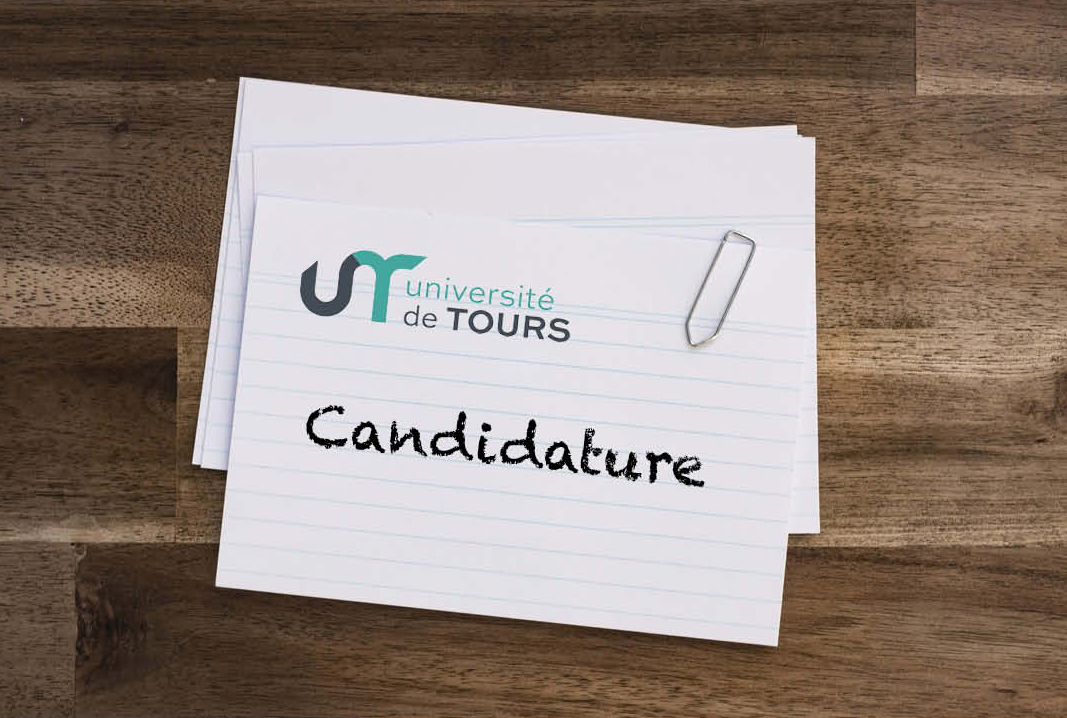Master 1 – Autumn semester:
• Teaching Unit 01 - Group research project 1: the city (10 ECTS)
In this module, students integrate and cooperate in a work group. They undertake an interdisciplinary diagnosis, analysing the spatial situation from the perspective of morphologies, populations, the economy, urban history, etc. They acquire expertise in applied research tools. They produce an analysis grid and test it on the ground.
• Teaching Unit 02 - Geomatics (10 ECTS)
This course provides the skills that are necessary to define a GIS and its components, including the ability to model data, to create thematic maps and to choose visual variables. These skills can be applied and further developed in the research projects that are carried out in group or individually.
• Teaching Unit 03 - Research methods (5 ECTS)
The course helps students to design a research strategy adapted to their topic. This comprises developing research questions, identifying useful sources to conduct planning research, presenting and structuring a research dissertation to meet required norms and rules. Following this unit, students will be able to carry out a critical choice of bibliographic sources and they will understand the idea of an original contribution to research.
• Teaching Unit 04 - French as a foreign language (5 ECTS)
This module helps students of non-French language of instruction to develop language tools necessary for academic integration, but also social and cultural success. It focuses on French and Francophone culture.
Master 1 – Winter semester:
• Teaching Unit 05 - Urban Ecology (5 ECTS)
The concept of urban ecology is approached via the interrelationships between communities and the natural and built environments at local, regional and global scales. The society is losing its appreciation for the ecosystem services, thereby diminishing resilience in terms of mitigating problems arising out of urbanization. While urbanization has many detrimental effects on the ecosystem, it has also led to innovations aimed at reducing these effects.
• Teaching Unit 06 – Project studio (10 ECTS)
In this module, students integrate the engineering school and cooperate in a work group. They undertake an interdisciplinary diagnosis, analysing the spatial situation from the perspective of morphologies, populations, the economy, urban history, etc. They produce an analysis grid and test it on the ground.
• Teaching Unit 07 - Research thesis (15 ECTS)
With the help of a supervisor, students develop a research question in relation to existing work and they conduct a state of the art literature review. They manage their research as a project (scheduling tasks, managing priorities and respecting deadlines). They write a thesis which sets out arguments, and links conclusions to data.
Master 2 – Autumn semester:
• Teaching Unit 11 - Group research project 2: Sustainable urban development (5 ECTS)
Following this module, which is organized as a workshop, students become experts in analysing a spatial situation from the perspective of sustainability. They develop solutions to such issues as re-using brownfields or mitigating natural risks. They consider different scales (building, block, district…) and link the planner’s toolbox with the regional culture, the environment and the users.
• Teaching Unit 12 – Risks, Decision Making and Planning (5 ECTS)
Today, the need to reduce the rise of disasters in cities is a priority for European governments. This module focuses on the goals of risks management, defined as a cross- sectors public policy integrating civil security, environmental or health policies. It also defines a territorial approach of hazard mapping and planning as part of a complex urban network system. Keywords: Flood risk management, structural and non structural measures, flood risk maps, social vulnerability.
• Teaching Unit 13 - Urban sociology (5 ECTS)
This teaching unit seeks to describe and interpret the causal connections between the constitutive elements of a city and their causes. This approach furnishes understanding of the complex and profound meaning of every urban reality in all its components.
• Teaching Unit 14 – Project, heritage and sustainable development (5 ECTS)
Heritage approach, territorial growth and sustainable development proceed from different theoretical perspectives and can be oriented by separated practices. The question is: how could they be hybridised within spatial planning and local development projects? The major purpose of this module is to offer a multidimensional and interdisciplinary analysis of the social and cultural environmental questions, in various territorial scales. Keywords: urban project, heritage, sustainable urban development, energy
• Teaching Unit 15 - Research methods (3 ECTS)
The course helps students to design a research strategy adapted to their topic. This comprises developing research questions, identifying useful sources to conduct planning research, presenting and structuring a research dissertation to meet required norms and rules. Following this unit, students will be able to carry out a critical choice of bibliographic sources and they will understand the idea of an original contribution to research.
• Teaching Unit 16 - Water and risks- an interdisciplinary approach (6 ECTS)
This course is about the planning challenges of urban waterfront planning, including the challenge of the heritage dimension and the dimensions linked to sanitation and access to drinking water in emerging countries. It deals with biodiversity and urban development, but also with the different dimensions of risk and vulnerability in relation to planning and urban development projects.
• Teaching Unit 17 - French as a foreign language (2 ECTS)
This module helps students of non-French language of instruction to develop language tools necessary for academic integration, but also social and cultural success. It focuses on French and Francophone cultures.
• Teaching Unit 18 - Job search techniques (0 ECTS)
This module helps students to develop skills for job searches. It provides abilities to define a professional project and to develop a network approach in a national or international context.
Master 2 – Winter semester:
• Teaching Unit 19 - Research seminar (5 ECTS)
Students are trained to producing an analysis grid and to propose research protocols. They develop skills in oral communication with specialists and non-specialists of the planning field.
• Teaching Unit 20 - Research thesis (25 ECTS)
With the help of a supervisor, students develop a research question in relation to existing work and they conduct a state of the art literature review. They manage their research as a project (scheduling tasks, managing priorities and respecting deadlines). They write a thesis which sets out arguments, and links conclusions to data.





